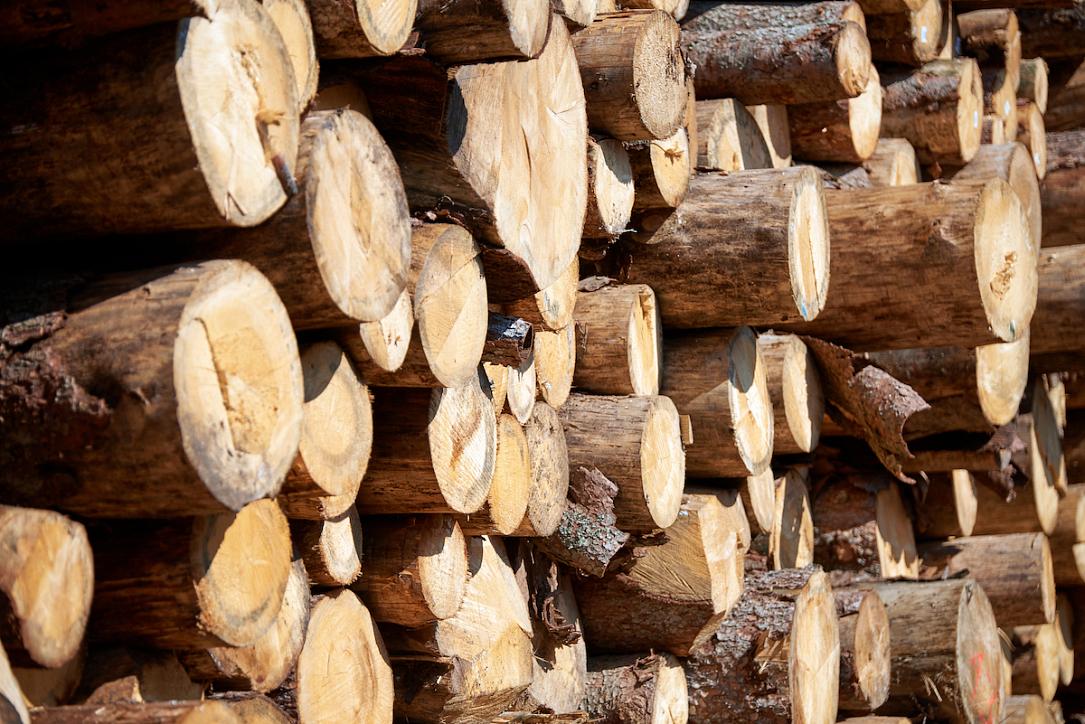Romanian furniture industry accuses Greenpeace and Agent Green



The Association of Romania's Wood Industry (AIL) accuses Greenpeace and Agent Green of attacking the entire wood processing industry with no grounds, furthermore misleadingly using specific terms to magnify the impact of its rhetoric in the international media.
The two NGOs cultivate confusion between the term "old forests" (a legally undefined term) and the term virgin and quasi-virgin forests, the association says.
"For Agent Greenpeace/Agent Green, forest management, according to the highest standards of professionalism, Romanian legislation, and international FSC and PEFC standards, means 'forest destruction'. [...] According to official data, 94% of Romania's forests [although not necessarily old-growth forests or virgin forests] have primary structures identical to the old-growth forests. It is an indisputable merit of forestry in Romania," AIL argues, quoted by G4media.ro.
Greenpeace admits that it doesn't have a problem with the legality of the operations carried out by IKEA or its suppliers, but wants the Swedish company to "publicly advocate and encourage our politicians to concretely implement the European Union's commitments on biodiversity, which should ensure the preservation of the last primary forests in Europe."
"Hiding behind a certification system that clearly fails to protect primary forests is not the solution," Greenpeace argues.
An investigation published by environmental NGO Greenpeace claims to show that furniture manufacturers producing for IKEA are sourcing wood from some of Europe's last remaining old-growth forests in the Romanian Carpathians, including in Natura 2000 protected areas.
Environmental organizations Agent Green and Bruno Manser Fonds (BMF) recently urged IKEA and its investment division, the Ingka Group, "to better oversee their forestry operations in Romania." The two NGOs asked the retailer to verify logging companies and to refrain from sourcing wood from national parks and primary and ancient forests.
They also ask the company to increase the areas under strict and partial protection, to practice selective logging in its forests, to ensure full traceability and transparency of the IKEA supply chain, and to allow independent monitoring of forests by civil society and investigative journalists.
iulian@romania-insider.com
(Photo source: Sonsam/Dreamstime.com)